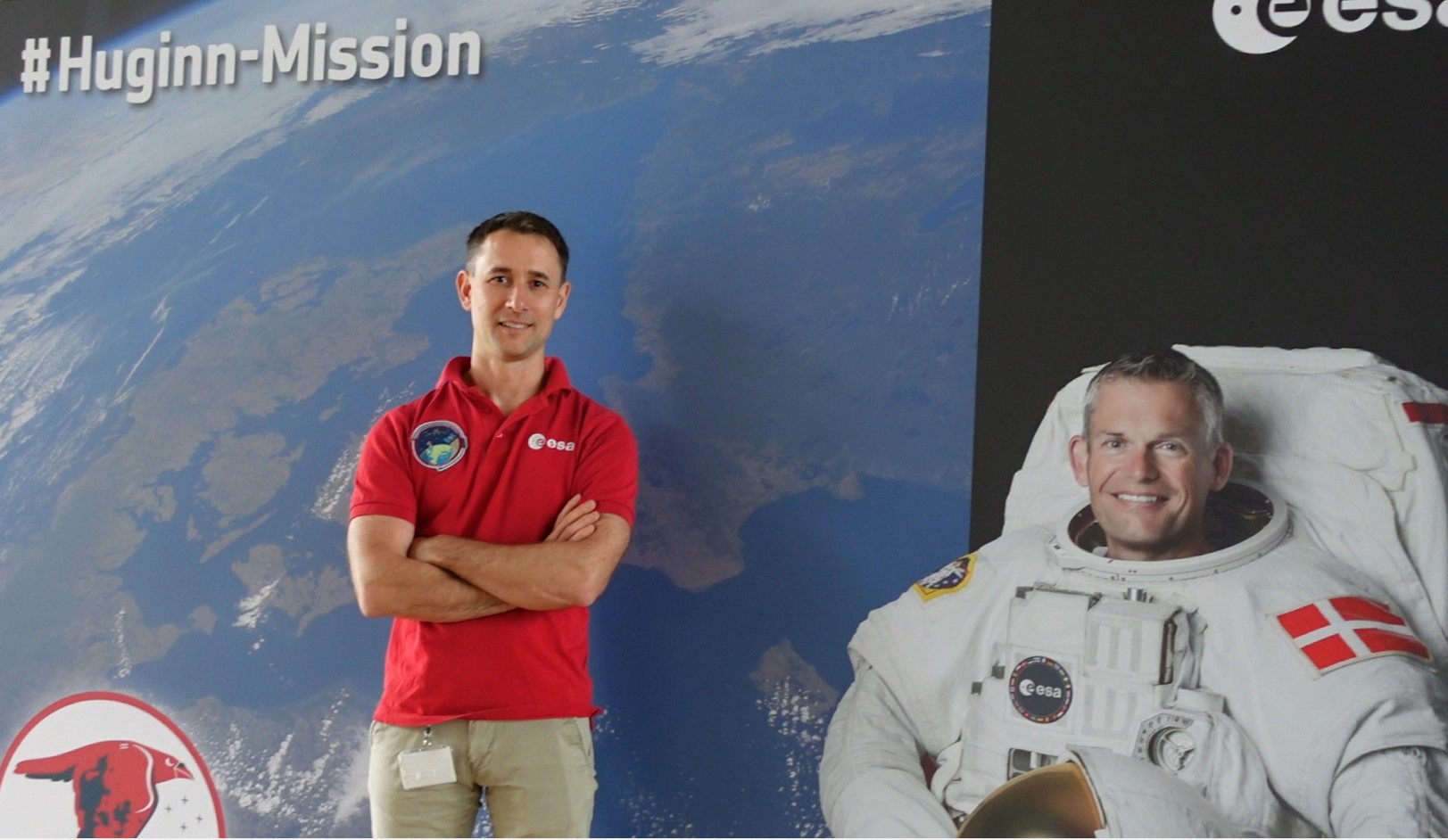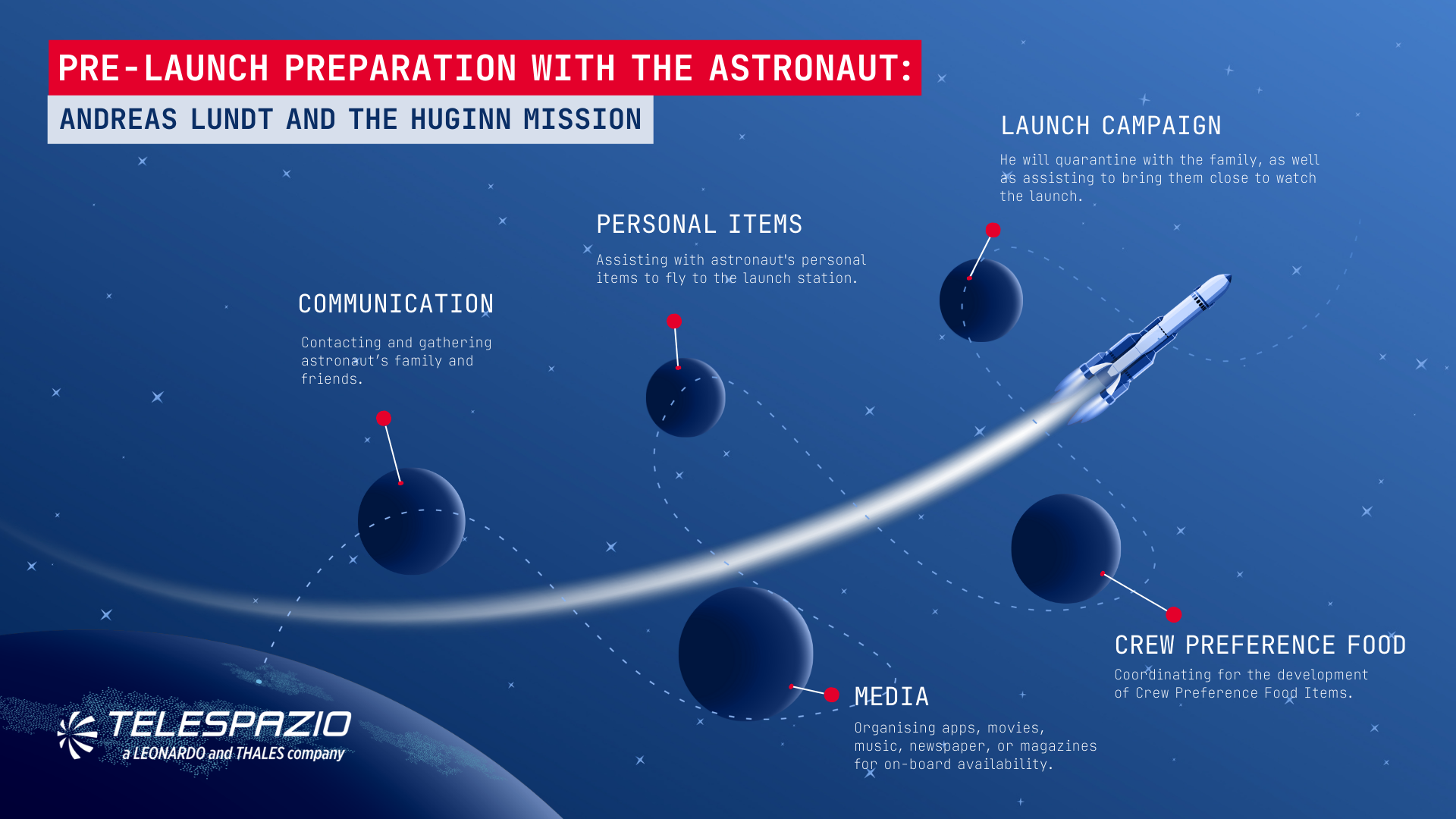Located at the forefront of astronaut selection, training, and support, the European Astronaut Centre (EAC is crucial in advancing European space exploration. As the prestigious hub for the European Space Agency’s (ESA) astronaut corps, the adept team at the EAC is dedicated to equipping European and international astronauts with the essential skills and knowledge required for their journeys to the International Space Station (ISS). Simultaneously, they diligently prepare these teams for future ventures of exploration beyond the confines of Low Earth Orbit (LEO).
Preparing for Success: The Training Team's Pivotal Role
Within ESA, the Training Team assumes the pivotal responsibility of meticulously preparing all European teams for their missions to the ISS while also setting them up for the next phase of exploration. Expert instructors consistently impart comprehensive training to teams from ESA and international partners, with a specific focus on the operation of fundamental European hardware, including the esteemed Columbus laboratory.
Collaborating with EAC for over 15 years, Telespazio Germany provides multiple services to ESA and has been pivotal in enabling this training process. This comprehensive training covers a wide range of essential skills, from working safely in the Columbus laboratory and performing maintenance and hardware upgrades, to conducting various experiments. Moreover, Telespazio Germany extends its support to all phases of the missions, from preparation and implementation to the launch campaign and return.
Our close partnership has reached a significant milestone with the upcoming Huginn mission, during which ESA astronaut Andreas Mogensen, Denmark's first astronaut who previously flew to the ISS in 2015, embarks on a momentous journey to the ISS once again. As the crew leader and first European pilot on SpaceX’s Crew Dragon, he will be responsible for the Crew Dragon’s systems and performance and take over as commander of the ISS during the six-month expedition. Furthermore, the Danish astronaut will do minimally one extravehicular activity (EVA) in the course of October.

Andreas Lundt with astronaut Andreas Mogensen picture at EAC
Beyond Professional Preparation
A successful launch and mission requires not only rigorous professional preparation but also meticulous attention to personal aspects. In this regard, one of our colleagues, Andreas Lundt, serves as the primary assistant to the astronaut and their family, overseeing all aspects of personal development and preparation. Andreas handles various essential tasks, such as arranging crew preference food and organising software, apps, movies, and music for the mission. Additionally, he plays a vital role in supporting the astronaut's family during the launch phase and ensures their involvement in training sessions across different locations and countries.
Infographic: Pre-launch Preparation with the astronaut
After the mission, Andreas coordinates the astronaut's schedule, including their return and post-flight activities. He is present on the rescue ship for crew retrieval, providing necessary items like passports, fresh food, comfortable clothes, and mobile phones. Upon request, satellite phone calls are also offered to the astronaut's family, ensuring continuous communication and support during the mission. As primary astronaut assistant, our colleague’s dedication ensures the mission's success and the astronaut's and their family's well-being throughout the entire process.
The collaborative efforts between Telespazio and the EAC have paved the way for significant achievements in space exploration. As we look toward the future, the collective dedication of these teams promises to unlock even greater discoveries and advancements in the field of space exploration.

